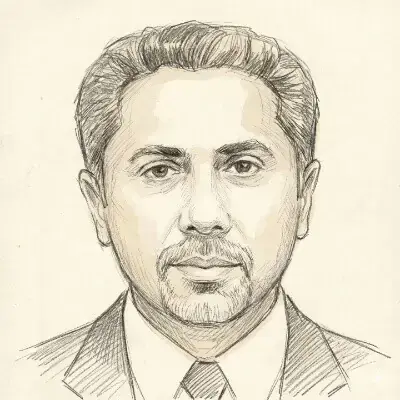The PTI has decided to initiate a probe into the role of its senators in the passing of amendments to the Pakistan Army Act, 1952, by the upper house of Parliament earlier this week.
The amendments propose up to five years in jail for those who disclose sensitive information pertaining to the security of the country or the military and accord more powers to the chief of army staff, among other changes.
The PTI said in a statement on Saturday that party chief Imran Khan presided over a core committee meeting, during which the role of PTI senators in the passing of the amendments was discussed.
“The PTI chairman gave approval for a probe into the role of party members in the passing of the amendments,” the statement said, adding that a one-member commission was constituted for a comprehensive investigation.
PTI Senator Shibli Faraz was assigned the task of investigating into the matter, and he would present his finding to the PTI chief.
In light of his recommendations, further action would be taken against those found to have deviated from the party policy, the PTI statement said.
It added that the overall political situation of the country and preparations and political strategy for the upcoming elections were also discussed in the meeting.
Changes to army act
The Pakistan Army (Amendment) Act, 2023 proposed adding Section 26-A to the act, under which “anyone who discloses or causes to be disclosed any information…shall be […] punished with rigorous imprisonment for a term which may extend to five years”. In case, the disclosure is approved by the army chief, it would not be considered a violation.
The bill also proposed introducing Section 26-B, which forbids any person subject to the army act from engaging in any kind of political activity for two years from the date of their “retirement, release, resignation, discharge, removal or dismissal from the service”.
It further said those who “remained posted, employed, seconded, tasked or otherwise attached on sensitive duties” are forbidden from taking part in “political activity of any kind, during a period of five years from the date of his retirement, release, resignation, discharge, removal or dismissal from the service”.
In case of violation, a court constituted under the army act can punish them with “rigorous imprisonment for a term which may extend to two years”.
Section 55-A forbids any person subject to the army act in the past five years from “directly or indirectly enter[ing] into employment, consultation or other engagement with an entity having a conflict of interest” with the activities of the army or its affiliates. However, the law does not apply to those who seek prior approval from the COAS. A person guilty of the said offence can be imprisoned for up to “two years with fine not exceeding Rs500,000 or with both”, the bill stated.
Section 55-B stated that any person, who is or has been subject to the army act, and commits an offence under the Peca 2016 “with the mala fide intention to undermine, ridicule, or scandalise the armed forces” shall be punished in the manner as prescribed in the Peca law.
Section 55-C stated that a person who is or has been subject to the army act, “intentionally ridicules, scandalises, brings into hatred or otherwise attempts to lower the armed forces of Pakistan or any part will be punished with imprisonment which may extend to two years or fine or with both”.
A clause introduced to Section 176-C proposed that the COAS “may delegate any of his powers and functions conferred by, or delegated under this act, to any officer or authority subordinate to him”.
Meanwhile, the addition of Section 176-E proposed that the laws under the act “shall have effect notwithstanding anything inconsistent contained in any other law, rules or regulations for the time being in force”, adding that any such inconsistent law shall, “to the extent of any inconsistency, cease to have effect”.
Show cause notices
Separately, the PTI issued show-cause notices to several party members, saying it had come to its notice that they had voted against the party policy in supporting the replacement of the opposition leader in the Sindh Assembly.
The notices have been issued to Imran Ali Shah, Sanjay Gangwani, Bilal Ahmed, Karim Bux Gabol, Muhammad Ali Aziz, Omar Omari, Rabia Azfar Nizami and Sachanand Lakhwani.
They have been asked to submit a written explanation of their reported deviation from the party policy within three days of the notice.
“If your reply is unsatisfactory or you do not respond, further action will be taken as per party policy and rules,” the notices read.
Earlier this month, Muttahida Qaumi Movement-Pakistan (MQM-P) lawmaker Rana Ansar created history by becoming the first-ever woman Leader of the Opposition in the Sindh Assembly after the speaker declared PTI’s Haleem Adil Sheikh to be removed from the coveted position.
The decision to replace Sheikh with Ansar appears to be a result of a tacit understanding between the ruling PPP and opposition MQM-P in the province to finalise with consensus the caretaker chief minister as the assembly is going to complete its five-year tenure next month.



































